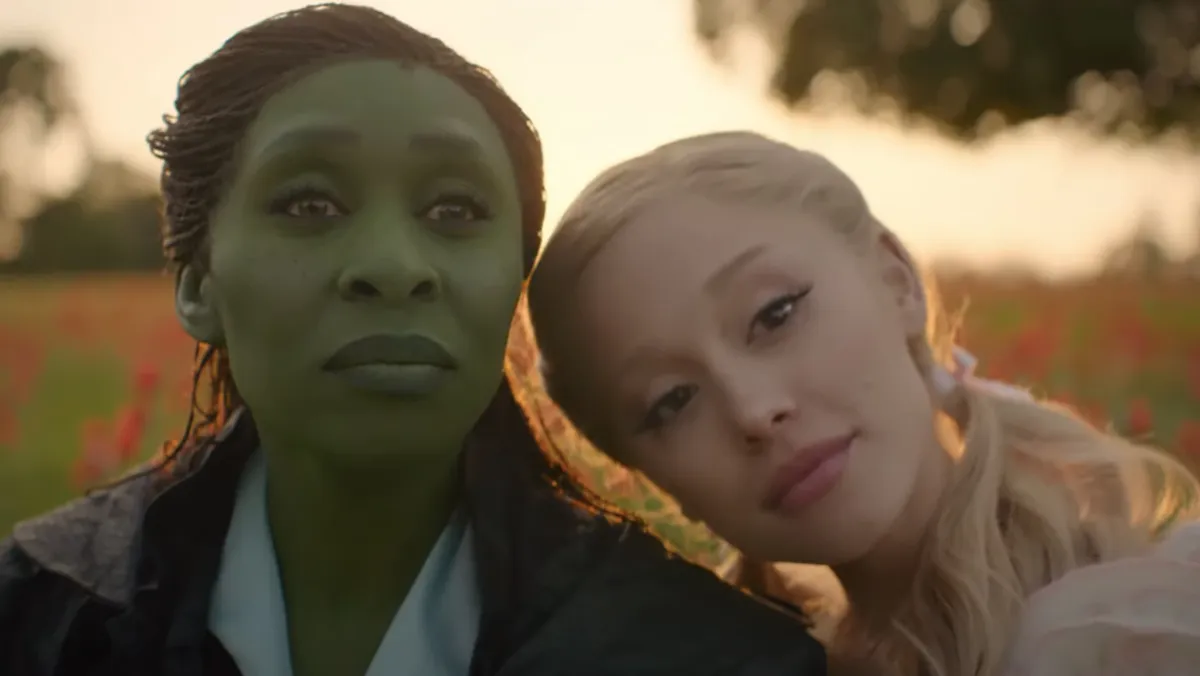Spoiler Warning: This article discusses the major plot points of “The Last Jedi.”
If you haven’t seen The Last Jedi yet then I’m giving you one last chance to run away and free yourself from the lure of spoilers.
One of the biggest fan theory debates between The Force Awakens and The Last Jedi was the identity of Rey’s parents. The loss of them was shown to be a traumatic experience, and part of the reason she was still on Jakku was that she was waiting for them to return. Because of this, fans took that to mean that Rey was a secret Skywalker or Solo or Kenobi, especially with Kylo Ren/Ben Solo being the villain. And they had reasons to think that was at least possible.
If you aren’t familiar with the Star Wars books, there is a storyline where Leia and Han’s son Jacen Solo—turned to the Dark Side after the death of his younger brother, Anakin Solo—became Darth Caedus, a powerful Sith Lord. Jacen had a twin sister, Jaina. Luke was also married in these books, to a bad-ass red-haired woman named Mara Jade, and had a son named Ben Skywalker. So there is a larger Skywalker/Solo family in the extended universe.
However, all of that was thrown out when Disney took over Lucasfilm and the Star Wars franchise. Yet there was still theories that extended universe plot devices might reemerge, since the situations concerning Kylo/Ben were very similar to what happened in the comics. Plus, due to Rey’s ability with the Force, people wanted an “explanation” as to why she was so powerful.
That’s why when her parents were revealed to be “poor drunk gamblers who sold Rey off” there were fans very unhappy about that turn of events. I’ve listened to many fanboys and fangals say that it didn’t follow through with the set up of the previous films—because if who Rey’s parents aren’t important, then why the focus on them?
Well, Rey’s parents are important—to her.
Johnson told HuffPo that when he was writing the script for “The Last Jedi” and it came time to address Rey’s parents, the reveal was going to have to answer the following question in a way that best serviced Rey’s arc moving forward: “What’s going to make life hardest on her?” Johnson says that when Luke learns Darth Vader is his father in “The Empire Strikes Back” it’s “the hardest thing the character could possibly hear in that moment.” For Rey, the hardest thing would be hearing she’s not special at all.
“And same thing with Rey and her parentage,” Johnson said. “The easy thing would be, ‘Yes, your parents are so and so and here’s your place in the world. There you go.’ The hardest thing she could hear would be […] ‘No, you’re not going to get the answer. This is not going to define you. You’re going to have to find your own place in this world. Kylo is going to use that even as leverage to try and make you feel insecure, and you’re going to have to stand on your own two feet.’”
Rey’s parentage is important because of her own sense of self. She doesn’t know where she comes from, and when her Force powers begin to manifest themselves, it makes her believe that maybe she was left behind for a larger purpose. A friend of mine who enjoyed the movie, but doesn’t love Rey, says that “things just come too easy for her” and that she doesn’t have any conflict.
Well, to me, much of Rey’s conflict comes from within, and Daisy Ridley does an amazing job of showing that. Her scenes with Kylo aren’t just there as potential shipping fodder, they are also giving insight into the incredible sense of loneliness and isolation she felt before being “awakened.” The reason you see her parents in that Force memory is because for her, that was a traumatic experience that she has tried to suppress—because it means her parents didn’t love her. They didn’t want her and thought she was only worth the price of their next hit.
As for Rey’s power having to come from some special bloodline—that never felt necessary for me. Look, if you have a problem with Rey being too powerful at this point that’s just too bad. There are shows upon shows upon shows of characters with way too little experience being able to master things easily. Half of the original cast of Avatar: The Last Airbender is able to defeat grown adults even though they are teenagers. Overpowered leads are part of the fantasy/sci-fi genre from Paul in Dune to Ender in Ender’s Game. Sometimes your lead is special.
Plus why would a franchise like Star Wars need to be obsessed with bloodlines anyway? If the Jedi were all just nobles from super special families that wouldn’t really make a lot of sense since (a) Jedi aren’t supposed to have families and (b) how can they been neutral agents for “democracy” if they are all blue-bloods (but then again this whole government system makes no sense anyway)?
Still, Johnson did give a sliver of hope to those who do want some kind of special revelation in episode IX.
“Anything’s still open, and I’m not writing the next film,” he said. “[J.J. Abrams and Chris Terrio] are doing it.” Johnson appeared to be speaking more about the franchise as a whole, but technically that would also include the actual truth behind Rey’s parents.
I for one would hope that the series sticks to its guns, and allows Rey to just be a powerful person who came from nothing. I personally find it more empowering that she was an orphaned child of two addicts, who manages to become a savior for the light, than for her to be the long-lost granddaughter of Obi-Wan Kenobi. That is a much more relatable storyline.
(via IndieWire, image: Disney)
Want more stories like this? Become a subscriber and support the site!
—The Mary Sue has a strict comment policy that forbids, but is not limited to, personal insults toward anyone, hate speech, and trolling.—










Published: Jan 3, 2018 03:31 pm